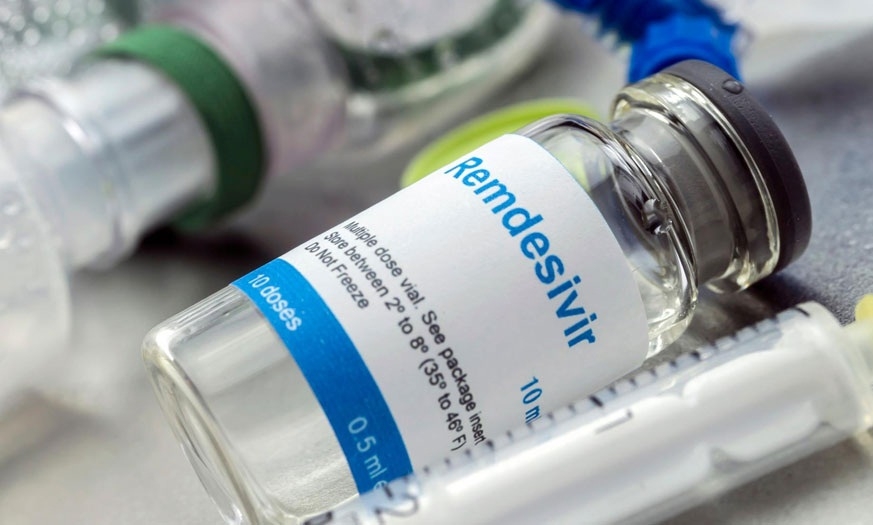FDA finds two Remdesivir brand samples ‘spurious’
| Date :28-May-2021 |

By Rajendra Diwe :
THE Food and Drugs Administration (FDA), Maharashtra, has found two brand samples of the Remdesivir injections as ‘spurious’ according to a Government Analyst report. Remdesivir is in heavy demand during the second wave of the coronavirus pandemic after the medical fraternity found it as potent tool to treat COVID-19 positive patients. Considering the heavy demand of Remdesivir, the Ministry of Health and Family Welfare, Government of India had set a state-wise allocation plan for the period April 21 to May 16. The Government had allocated 11,57,000 remdesivir injections to be supplied in Maharashtra till May 16. Analytical study of the allocated vials, conducted by the FDA Maharashtra, revealed that samples of two famous brands, Covifor and Desrem of Remdesivir, were found spurious. The brands are manufactured by Hetero Pharmaceuticals and Mylan Pharmaceuticals, respectively.
‘The Hitavada’ has in possession the analytical reports which termed the two samples spurious. The analytical report of Covifor (batch no REM120066A; Mfg Lic Code No 21/MD/TS2014/FG(L). Mfg date 3/2021; Exp date 08/2021) states, “The sample does not give the identification test for the presence of Remdesivir.” There are two analytical reports of Desrem (Batch no 246039 A; Mfg Lic Code no TS/SGY/2020-65910; Mfg date 12/2020, Exp date 12/2021. One sample report says, “The content of Remdesivir in the sample received to the laboratory for analysis has less than 2.17 per cent of the labelled amount of Remdesivir.” While the other sample report states, “The sample does not give the identification test for the presence of Remdesivir.” “All these samples are declared as spurious vide Section 17-B (d) of the Drugs and Cosmetic Act 1940 and Rules 1945 there under,” the Government Analytical report says. The samples of Covifor and Desrem were collected during the period April 24 to May 3.
When the FDA received these analytical reports, by that time the Remdesivir might have been administered to patients. There is no mechanism to know which patient was administered the said brand samples. Section 17 A and B of Drugs and Cosmetic Act 1940 defines Spurious/Falsely-labelled/Falsified/Counterfeit drugs or ‘not of standard’ quality drugs. However, people accept, prefer and buy counterfeit or substandard products over genuine or branded products due to their cheap price, easy accessibility and availability in the market. Consumers do not know about the manufacturer or the quality of the product and many time they are unaware of expired, degraded or substandard products which ultimately results in failure of the treatment and with antibiotics this lead to antimicrobial resistance. The problem of poor quality is very serious and steadily growing.
As such poor quality drug does not bear any universal definition as it may vary from country to country. In general, poor quality drug are the spurious/falsely-labelled/falsified/counterfeit (SFFC) drugs that can cause treatment failure or even death. The analytical reports are an eye-opener as the entire country has seen black-marketing of Remdesivir during the pandemic. Many people purchased these injections with inflated costs. The Ministry of Health and Family Welfare included companies like Zydus, Cadila, Hetero, Mylan, Cipla, Syngene/Sun, Jubiliant and Dr Reddys to supply Remdesivir to the Government. The Government administration had controlled the sale of remdesivir so that consumer could get the same at rational price.